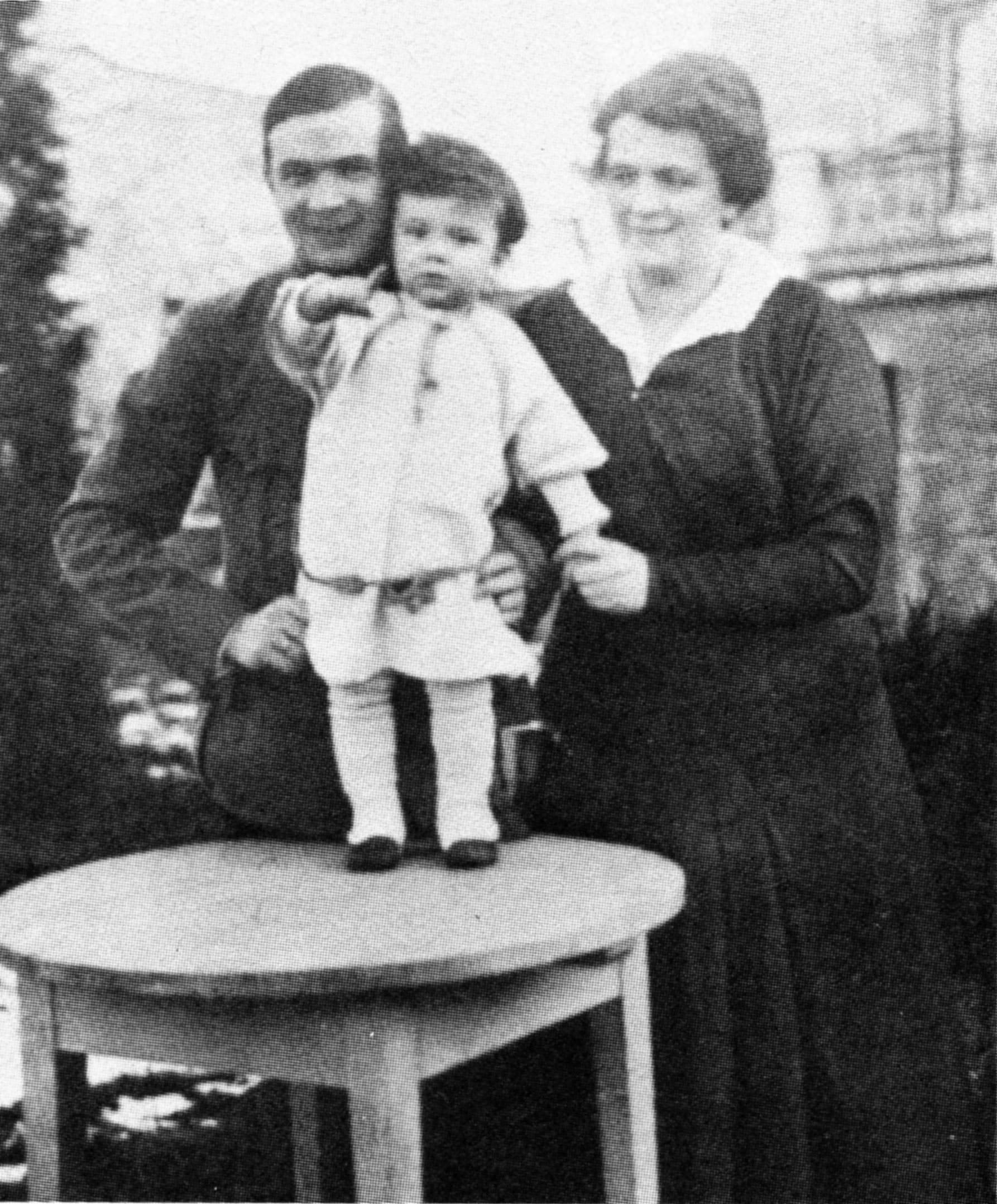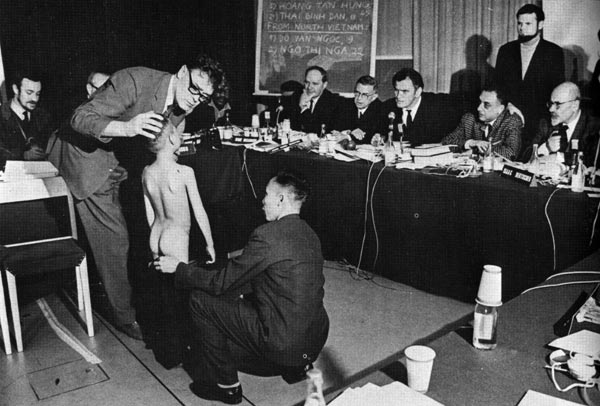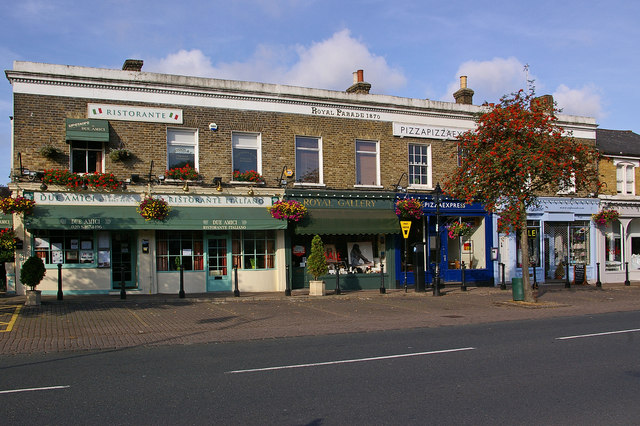|
Peter Weiss
Peter Ulrich Weiss (8 November 1916 – 10 May 1982) was a German writer, painter, graphic artist, and experimental filmmaker of adopted Swedish nationality. He is particularly known for his plays '' Marat/Sade'' and '' The Investigation'' and his novel ''The Aesthetics of Resistance''. Peter Weiss earned his reputation in the post-war German literary world as the proponent of an avant-garde, meticulously descriptive writing, as an exponent of autobiographical prose, and also as a politically engaged dramatist. He gained international success with ''Marat/Sade'', the American production of which was awarded a Tony Award and its subsequent film adaptation directed by Peter Brook. His "Auschwitz Oratorium," '' The Investigation'', served to broaden the debates over the so-called "Aufarbeitung der Vergangenheit" (or formerly) "Vergangenheitsbewältigung" or " politics of history." Weiss's magnum opus was ''The Aesthetics of Resistance'', called the "most important German-language ... [...More Info...] [...Related Items...] OR: [Wikipedia] [Google] [Baidu] |
Potsdam-Babelsberg
Babelsberg () is the largest quarter (''Stadtteil'') of Potsdam, the capital city of the German state of Brandenburg. The affluent neighbourhood named after a small hill on the Havel river is famous for Babelsberg Palace and Park, part of the Palaces and Parks of Potsdam and Berlin UNESCO World Heritage Site, as well as for Babelsberg Studio, a historical centre of the German film industry and the first large-scale movie studio in the world. History A settlement on the small Nuthe creek was first mentioned in the 1375 ''Landbuch'' (domesday book) by Emperor Charles IV of Luxembourg, who also ruled as Margrave of Brandenburg since 1373. Then called ''Neuendorf'' (New Village) after its former West Slavic name ''Nova Ves'', it was shelled several times and was severely damaged during the Thirty Years' War. In the mid-18th century the new village of Nowawes was founded by King Frederick II of Prussia and settled with Protestant Bohemian deportees, predominantly weavers who a ... [...More Info...] [...Related Items...] OR: [Wikipedia] [Google] [Baidu] |
Marat/Sade (film)
''The Persecution and Assassination of Jean-Paul Marat as Performed by the Inmates of the Asylum of Charenton Under the Direction of the Marquis de Sade'', usually shortened to ''Marat/Sade'' (), is a 1967 British film adaptation of Peter Weiss' play ''Marat/Sade''. The screen adaptation is directed by Peter Brook, and originated in his theatre production for the Royal Shakespeare Company. The English version was written by Adrian Mitchell from a translation by Geoffrey Skelton. The cast included Ian Richardson, Patrick Magee, Glenda Jackson, Clifford Rose, and Freddie Jones. It was filmed at Pinewood Studios in Buckinghamshire and released by United Artists on 22 February 1967 in the United States, and 8 March 1967 in the United Kingdom. The film's score comprised Richard Peaslee's compositions. David Watkin was the cinematographer. The film uses the full title in the opening credits, though most of the publicity materials use the shortened form. Plot In the Charenton Asy ... [...More Info...] [...Related Items...] OR: [Wikipedia] [Google] [Baidu] |
Eurocommunist
Eurocommunism, also referred to as democratic communism or neocommunism, was a trend in the 1970s and 1980s within various Western European communist parties which said they had developed a theory and practice of social transformation more relevant for Western Europe. During the Cold War, they sought to reject the influence of the Soviet Union and the Communist Party of the Soviet Union. The trend was especially prominent in Italy, Spain, and France. Terminology The origin of the term Eurocommunism was subject to great debate in the mid-1970s, being attributed to Zbigniew Brzezinski and Arrigo Levi, among others. Jean-François Revel once wrote that "one of the favourite amusements of 'political scientists' is to search for the author of the term Eurocommunism". In April 1977, ''Deutschland Archiv'' decided that the word was first used in the summer of 1975 by Yugoslav journalist Frane Barbieri, former editor of Belgrade's '' NIN'' newsmagazine. Outside Western Europe, it ... [...More Info...] [...Related Items...] OR: [Wikipedia] [Google] [Baidu] |
Russell Tribunal
The Russell Tribunal, also known as the International War Crimes Tribunal, Russell–Sartre Tribunal, or Stockholm Tribunal, was a private People's Tribunal organised in 1966 by Bertrand Russell, British philosopher and Nobel Prize winner, and hosted by French philosopher and writer Jean-Paul Sartre, along with Lelio Basso, Simone de Beauvoir, Vladimir Dedijer, Ralph Schoenman, Isaac Deutscher and several others. The tribunal investigated and evaluated American foreign policy and military intervention in Vietnam. Bertrand Russell justified the establishment of this body as follows: The tribunal was constituted in November 1966, and was conducted in two sessions in 1967, in Stockholm, Sweden and Roskilde, Denmark. Bertrand Russell's book on the armed confrontations underway in Vietnam, ''War Crimes in Vietnam'', was published in January 1967. His postscript called for establishing this investigative body. The findings of the tribunal were largely ignored in the United S ... [...More Info...] [...Related Items...] OR: [Wikipedia] [Google] [Baidu] |
Switzerland
; rm, citad federala, links=no). Swiss law does not designate a ''capital'' as such, but the federal parliament and government are installed in Bern, while other federal institutions, such as the federal courts, are in other cities (Bellinzona, Lausanne, Lucerne, Neuchâtel, St. Gallen a.o.). , coordinates = , largest_city = Zurich , official_languages = , englishmotto = "One for all, all for one" , religion_year = 2022 , religion_ref = , religion = , demonym = , german: link=no, Schweizer/Schweizerin, french: link=no, Suisse/Suissesse, it, svizzero/svizzera or , rm, Svizzer/Svizra , government_type = Federal assembly-independent directorial republic , leader_title1 = Federal Council , leader_name1 = , leader_title2 = , leader_name2 = Viktor Rossi , legislature = Federal Assembly , upper_house = Counci ... [...More Info...] [...Related Items...] OR: [Wikipedia] [Google] [Baidu] |
Hermann Hesse
Hermann Karl Hesse (; 2 July 1877 – 9 August 1962) was a German-Swiss poet, novelist, and painter. His best-known works include ''Demian'', '' Steppenwolf'', '' Siddhartha'', and '' The Glass Bead Game'', each of which explores an individual's search for authenticity, self-knowledge and spirituality. In 1946, he received the Nobel Prize in Literature. Life and work Family background Hermann Karl Hesse was born on 2 July 1877 in the Black Forest town of Calw in Württemberg, German Empire. His grandparents served in India at a mission under the auspices of the Basel Mission, a Protestant Christian missionary society. His grandfather Hermann Gundert compiled a Malayalam grammar and a Malayalam-English dictionary, and also contributed to a translation of the Bible into Malayalam in South India. Hesse's mother, Marie Gundert, was born at such a mission in South India in 1842. In describing her own childhood, she said, "A happy child I was not..." As was usual among mi ... [...More Info...] [...Related Items...] OR: [Wikipedia] [Google] [Baidu] |
Sweden
Sweden, ; fi, Ruotsi; fit, Ruotti; se, Ruoŧŧa; smj, Svierik; sje, Sverji; sju, Sverje; sma, Sveerje or ; yi, שוועדן, Shvedn; rmu, Svedikko; rmf, Sveittiko. formally the Kingdom of Sweden, is a Nordic countries, Nordic country located on the Scandinavian Peninsula in Northern Europe. It borders Norway to the west and north, and Finland to the east. At , Sweden is the largest Nordic country and the List of European countries by area, fifth-largest country in Europe. The Capital city, capital and largest city is Stockholm. Sweden has a population of 10.5 million, and a low population density of ; around 87% of Swedes reside in urban areas in the central and southern half of the country. Sweden’s urban areas together cover 1.5% of its land area. Because the country is so long, ranging from 55th parallel north, 55°N to 69th parallel north, 69°N, the climate of Sweden is diverse. Sweden has been inhabited since Prehistoric Sweden, prehistoric times, . T ... [...More Info...] [...Related Items...] OR: [Wikipedia] [Google] [Baidu] |
Sudetenland
The Sudetenland ( , ; Czech and sk, Sudety) is the historical German name for the northern, southern, and western areas of former Czechoslovakia which were inhabited primarily by Sudeten Germans. These German speakers had predominated in the border districts of Bohemia, Moravia, and Czech Silesia since the Middle Ages. Sudetenland had been since the 9th century an integral part of the Czech state (first within the Duchy of Bohemia and later the Kingdom of Bohemia) both geographically and politically. The word "Sudetenland" did not come into being until the early part of the 20th century and did not come to prominence until almost two decades into the century, after World War I, when Austria-Hungary was dismembered and the Sudeten Germans found themselves living in the new country of Czechoslovakia. The ''Sudeten crisis'' of 1938 was provoked by the Pan-Germanist demands of Nazi Germany that the Sudetenland be annexed to Germany, which happened after the later Munich Agr ... [...More Info...] [...Related Items...] OR: [Wikipedia] [Google] [Baidu] |
Prague
Prague ( ; cs, Praha ; german: Prag, ; la, Praga) is the capital and largest city in the Czech Republic, and the historical capital of Bohemia. On the Vltava river, Prague is home to about 1.3 million people. The city has a temperate oceanic climate, with relatively warm summers and chilly winters. Prague is a political, cultural, and economic hub of central Europe, with a rich history and Romanesque, Gothic, Renaissance and Baroque architectures. It was the capital of the Kingdom of Bohemia and residence of several Holy Roman Emperors, most notably Charles IV (r. 1346–1378). It was an important city to the Habsburg monarchy and Austro-Hungarian Empire. The city played major roles in the Bohemian and the Protestant Reformations, the Thirty Years' War and in 20th-century history as the capital of Czechoslovakia between the World Wars and the post-war Communist era. Prague is home to a number of well-known cultural attractions, many of which survived ... [...More Info...] [...Related Items...] OR: [Wikipedia] [Google] [Baidu] |
Chislehurst
Chislehurst () is a suburban district of south-east London, England, in the London Borough of Bromley. It lies east of Bromley, south-west of Sidcup and north-west of Orpington, south-east of Charing Cross. Before the creation of Greater London in 1965, it was in Kent. History The name "Chislehurst" is derived from the Saxon words ''cisel'', "gravel", and ''hyrst'', "wooded hill". The Walsingham family, including Christopher Marlowe's patron, Sir Thomas Walsingham and Queen Elizabeth I's spymaster, Francis Walsingham, had a home in Scadbury Park, now a nature reserve in which the ruins of the house can still be seen. A water tower used to straddle the road from Chislehurst to Bromley until it was demolished in 1963 as one of the last acts of the Chislehurst and Sidcup UDC. It marked the entrance to the Wythes Estate in Bickley, but its narrow archway meant that double-decker buses were not able to be used on the route. Governance The Chislehurst civil parish fo ... [...More Info...] [...Related Items...] OR: [Wikipedia] [Google] [Baidu] |
Bremen
Bremen (Low German also: ''Breem'' or ''Bräm''), officially the City Municipality of Bremen (german: Stadtgemeinde Bremen, ), is the capital of the Germany, German States of Germany, state Bremen (state), Free Hanseatic City of Bremen (''Freie Hansestadt Bremen''), a two-city-state consisting of the cities of Bremen and Bremerhaven. With about 570,000 inhabitants, the Hanseatic League, Hanseatic city is the List of cities in Germany by population, 11th largest city of Germany and the second largest city in Northern Germany after Hamburg. Bremen is the largest city on the River Weser, the longest river flowing entirely in Germany, lying some upstream from its River mouth, mouth into the North Sea, and is surrounded by the state of Lower Saxony. A commercial and industrial city, Bremen is, together with Oldenburg (city), Oldenburg and Bremerhaven, part of the Bremen/Oldenburg Metropolitan Region, with 2.5 million people. Bremen is contiguous with the Lower Saxon towns of Delmenhor ... [...More Info...] [...Related Items...] OR: [Wikipedia] [Google] [Baidu] |
Berlin
Berlin is Capital of Germany, the capital and largest city of Germany, both by area and List of cities in Germany by population, by population. Its more than 3.85 million inhabitants make it the European Union's List of cities in the European Union by population within city limits, most populous city, as measured by population within city limits having gained this status after the United Kingdom's, and thus London's, Brexit, departure from the European Union. Simultaneously, the city is one of the states of Germany, and is the List of German states by area, third smallest state in the country in terms of area. Berlin is surrounded by the state of Brandenburg, and Brandenburg's capital Potsdam is nearby. The urban area of Berlin has a population of over 4.5 million and is therefore the most populous urban area in Germany. The Berlin/Brandenburg Metropolitan Region, Berlin-Brandenburg capital region has around 6.2 million inhabitants and is Germany's second-largest metropolitan reg ... [...More Info...] [...Related Items...] OR: [Wikipedia] [Google] [Baidu] |








